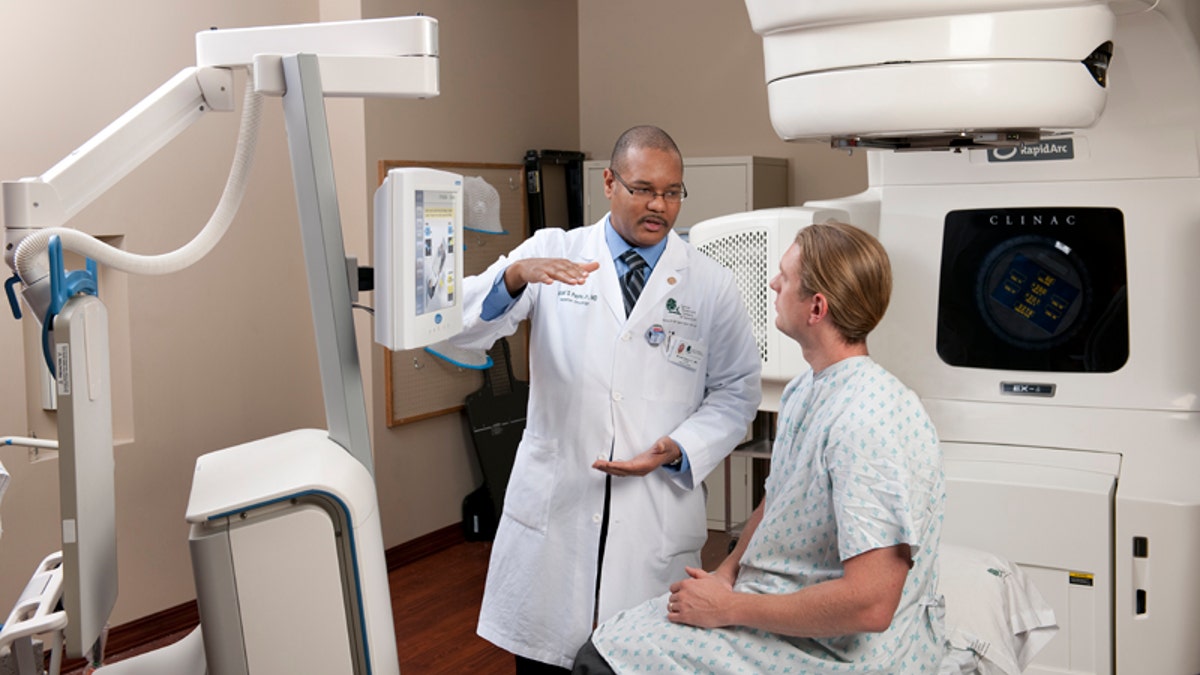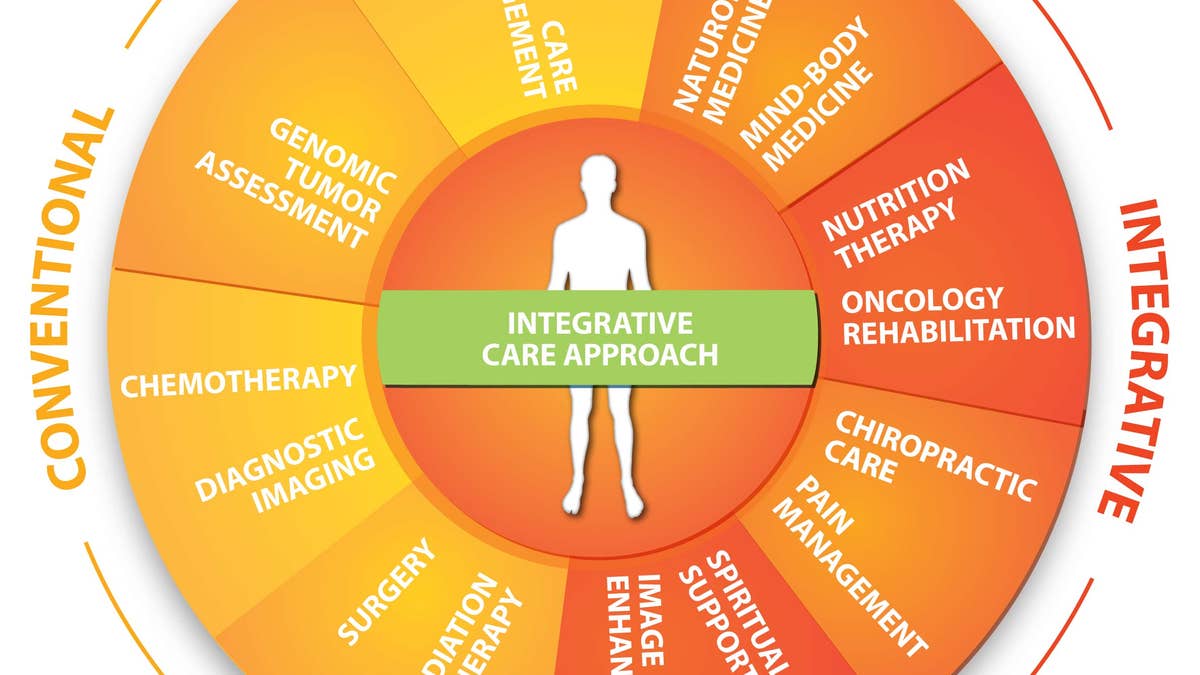
((c) 2010 Andrea Mandel Photography)
There’s more to cancer care than ridding the body of cancer cells. Equally important is the goal of maintaining quality of life while undergoing treatment. Staying strong enough to fight the disease and maintain work and family routines during treatment should be part of any cancer care program. That’s why patients should be offered integrative therapies to supplement conventional surgical, radiation and chemotherapy treatments.
Know your options.
Every cancer and every cancer patient is different. So different combinations of both traditional and integrative oncology therapies should be customized for every treatment plan. It’s important to work with a knowledgeable oncology team to understand your options, how they work, and be sure that they’re offered at your treatment center.
What exactly is integrative care?
Treatments for cancer typically consist of some combination of surgery, chemotherapy and radiation. The combination of these treatment options with therapies designed to maintain quality of life during treatment is what is known as an integrative approach to cancer care. Therapies to improve energy and maintain the immune system during treatment, manage fatigue and guard against malnutrition are all critical. And the more therapeutic choices you have, the better you’ll be able to customize a treatment plan that’s right for you. These integrative therapies may include nutritional counseling, naturopathic medicine, physical therapy, chiropractic care, acupuncture, mind-body therapy, meditation and spiritual support. Patients should consider all of these when choosing a hospital and approving a treatment plan.
The importance of nutrition.
Fully eight out of ten cancer patients show symptoms of malnutrition. This may cause the loss of lean body mass, which can compromise the function of the immune system and weaken the patient. Nutritional therapy is therefore crucial for restoring digestive health and helping you stay strong to maintain your prescribed cancer treatment plan. A registered dietitian understands how the body metabolizes nutrients when a patient is undergoing chemotherapy or radiation and can help optimize nutrient intake during treatment. And a proper diet may help reduce the risk of a secondary cancer or other chronic illnesses to which some cancer patients are susceptible
Naturopathic medicine.
Naturopathic care should also be considered. This can include a referral to acupuncture, lifestyle counseling and also natural non-toxic therapies — herbal and botanical preparations, vitamins, minerals, amino acids, homeopathic plant extracts, etc. — that help manage symptoms and encourage healing. Naturopathic clinicians address a variety of conditions associated with cancer including digestive issues, nerve damage, respiratory conditions and cancer- related fatigue. And your naturopathic clinician should have extensive knowledge of radiation therapy and chemotherapy, plus a comprehensive understanding of the treatments you’re undergoing to ensure the right supplements are part of your treatment plan.

Team work.
Surgeons, doctors, clinicians and other oncology professionals should all be part of your care team. It’s also helpful if all of your team members are located in the same hospital to facilitate collaboration and speed of care. Having your team of physicians and therapists all under one roof allows you to schedule all your appointments at one time, which reduces wait time between appointments and allows you to focus on your treatment.
? Rising Tide 2015
